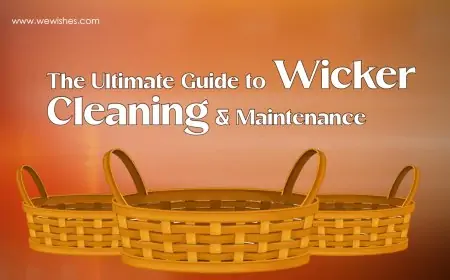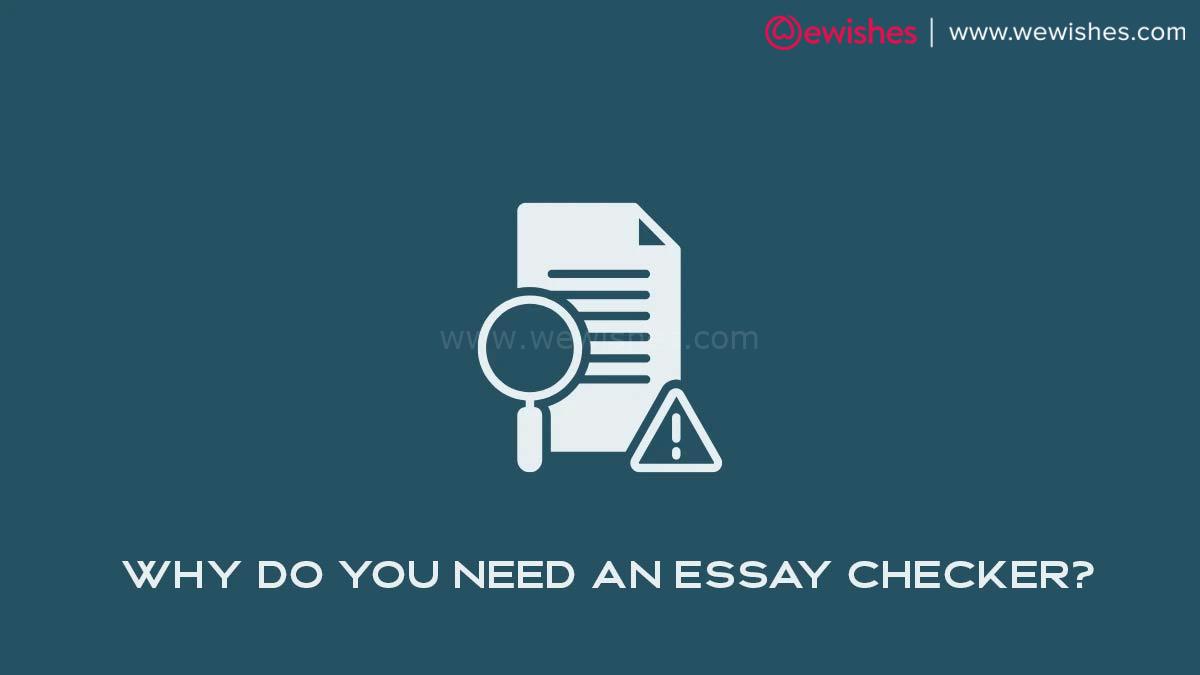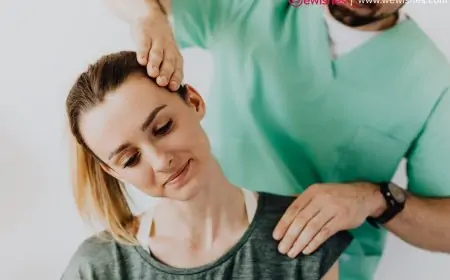On paper, that looks simple: It can feel so overwhelming when you see someone hurt because of someone else. If we get injured, it does not only lament our body, but our emotions, finance, and routine life get affected too.
Along comes legal aid, an important backstop for survivors who may struggle to understand and find their way through the civil justice system after an injury. Understanding legal aid is a must for anyone who may find themselves seeking justice and compensation for pain and suffering.
This, and other articles, show how legal aid matters in cases of injury and helps individuals regain control and pursue justice in confidence.
What Is Legal Aid?
Legal aid is a term for the help offered to people unable to pay for legal representation. This could be free or low-cost, allowing the public to benefit from lawyers in every type of law, including personal injury.
Knowing about legal aid and what it can do could be the first step toward obtaining the assistance you need. Professional assistance can be instrumental in navigating the legal system in the event of an injury.
How Legal Aid Applies to Cases of Injury
Case of injury can be complex and complicated. Others can be set for an injury, proving that a person has done damage to them can take a lot of evidence, legal knowledge and negotiation to do so. Here’s a few reasons why legal aid is important:
Expertise on Legal Matters
Navigating the legal system can be challenging. Legal aids are equipped with the knowledge needed to understand your rights and the laws surrounding your injuries. A serious personal injury attorney can provide insight into your situation and help you take the right steps to seek justice.
Access to Resources
Legal aid groups often have access to public information, expert witnesses and medical professionals that can strengthen your case.
Reduced Stress
The days following an injury can be stressful. Between medical appointments and exams Handling insurance claims, feels like a mountain of responsibilities. Such legal support can ease stress considerably by taking care of the legal side of your case leaving you free to concentrate on your recovery.
Types of Legal Aid Available
This could include different types of legal aid that can support you in an injury case. Understanding these different types can help you access the right support.
Public Defender Services
For those who do not have the means to pay for a private attorney, public defenders are available and the can assist if their jurisdiction covers personal injury cases.
Pro Bono Legal Services
Some lawyers provide their services for free or at a reduced fee in order to assist those in need.
Legal Clinics
Many organizations offer legal clinics, where people can receive advice on their cases and learn what to expect in the legal process.
Legal Aid Societies
These are nonprofit groups that try to connect low-income people with legal help.
Law School Legal Programs
Many law schools have legal aid programs in which law students provide legal help at low cost or for free, under the supervision of licensed attorneys.
Representation on Contingency Fee
There are some personal injury attorneys who operate on a contingency basis, which means they only receive compensation if you win your case. It enables people without money up front to still be able to litigate.”
Bar Association Referral Services
Many state and local bar associations offer lawyer referral services, some of which include free initial consultations or lower-cost legal assistance.
How to Obtain Legal Aid in Injury Cases
If you are thinking about using legal aid, it is much easier access to them than you might realize. Following are some steps you may take:
Find Local Legal Aid Organizations
Begin with a search for legal aid organizations near you. Sites like the Legal Services Corporation can help you locate resources.
Reach Out to Organizations Directly
Once you identify a few options, reach out to them. Inquire about the services they offer, criteria for eligibility, and ways they can help with personal injury cases.
Prepare Documentation
Be prepared to discuss your case when contacting legal aid. Gather up relevant records such as medical reports, accident details, as well as any correspondences with insurance companies if necessary.
Be Ready to Collaborate With a Lawyer
Once you are in touch with a legal aid organization, you may be assigned a volunteer attorney or a specific attorney to help with your case.
Know the Eligibility Requirements
Eligibility for legal aid Organizations varies between agencies, usually based on income, type of case, and need. Some services prioritize low-income clients, while others have expertise in particular areas of law, such as workplace injuries, medical malpractice or car accidents. Familiarizing yourself with these requirements can save time ahead of time.
Apply for Pro Bono Services
In fact, many private attorneys and law firms offer pro bono services for injury victims unable to pay legal fees. Bar associations and nonprofit legal organizations frequently have lists of lawyers who are willing to take cases for free.
Follow Up and Stay Engaged
After applying for legal aid, contact the organization with regularity to inquire about the status of your request. Would you like to take an active role in your case by keeping copies of all documents that are submitted to the stockbroker and providing your attorney with documents as they are needed?
Finding the Right Lawyer
In personal injury cases, hiring the right lawyer is very important. These tips can help you find the right one:
Conduct Research and Collect Recommendations
While doing this, start with researching the lawyers who handle personal injury claims. Seek recommendations from friends, family, or colleagues who have had similar legal issues. You can remember his or her reputation and success rate from online reviews and the number of legal directories.
Check Qualifications and Experience
Make sure that the lawyer you are considering possesses the right credentials and experience with cases like yours. Search for lawyers who are licensed to practice in your state, with robust personal injury experience and a track record of successful settlements or verdicts.
Schedule Consultations
The best personal injury lawyers will offer a free initial consultation. This is your time to inquire about their experience, legal strategy, and case handling techniques. This appointment allows you to assess their level of expertise, communication style, and willingness to accept your case.
Assess Communication and Availability
Hire a lawyer who will return calls and speak plainly. Good lawyers are there to answer your questions, keep you informed about your case, and to put legal proceedings in terms you can understand.
Get Legal Advice and Payment Arrangement
Be clear with the lawyer about their fees upfront. Many personal injury lawyers charge on a contingency basis, which means you pay only if you win. Know what percentage they will charge you from your settlement and any other costs that may incur.
Ask to Check Client Reviews and Case Results
Seek testimonials from previous clients and review case results to see how well the lawyer has dealt with comparable scenarios. A proven track record of success can signal their potential to secure positive outcomes.
Trust Your Instincts
In addition to qualifications and experience, trust your gut when choosing a lawyer. Find someone who makes you feel confident, comfortable, and supported along your legal journey.
Importance of Good Communication in Legal Aid
Communicating well with your legal aid attorney can make or break your case. Here's why it's essential:
Clear Instructions
Communicating clearly with your attorney allows them to know your situation, needs and expectations. This way, they can best advocate for you.
Avoiding Misunderstandings
Effective communication can help to prevent misunderstandings, keeping all parties informed and aligned on case developments.
Timely Updates
Frequent communication means you have access to key case updates, timelines and any steps you need to take.
What You Can Expect from Legal Aid Services
Knowing how to prepare will help you as you interact with legal aid. Here is a quick rundown of the process:
Initial Assessment
They may ask you a few questions to quickly assess your situation once you reach out to a legal aid organization. They might ask you questions relating to your case and determine if you might qualify for their services.
Assignment of a Lawyer
If you qualify, you may be matched to a lawyer specializing in personal injury cases. They will help you collect the evidence and assist you in building your case.
Representation
If court proceedings become necessary, your attorney will be there to represent you and negotiate with insurance companies throughout the process. Their goal is to get you the compensation you deserve.
Legal Aid: Overcoming the Challenges
Legal aid is undoubtedly of great help, but there can be issues when attempts are made to seek assistance. This Inaccessible, Stigmatized Help May Worry Some It turns out all this is the answer to those challenges:
Confidently Seek Help
Realize that a lot of people need legal aid services. Going for help is the proper step to take and will positively benefit your situation.
Stay Informed
Knowledge is power. Know your rights — and avoid common myths about the legal process.
Helping Others with Legal Aid
If you've gone through an injury case involving legal assistance, now's your chance to pay it forward by passing what you learned on to others so they can understand their possible uses of the legal system. Here's how:
Share Your Story
Your experience can give others the strength to get help and let them know they are not alone. Participate in or support campaigns that promote awareness of the significance of legal aid.
Volunteer Your Time
If you have the bandwidth, volunteer time with your local legal aid orgs to help others.
Toward Justice: Taking The First Steps
If you are injured due to someone else's actions, legal aid is an essential tool to ensure that everyone has access to justice. Legal aid lawyers offer the expertise to fight for appropriate compensation by helping those in need. The next time you, or someone you know who has been involved in an injury case remembers that with legal help, the process can be much less stressful and you can transition to the post injury phase more smoothly.
If you liked this article, please read the rest of our blog today.























